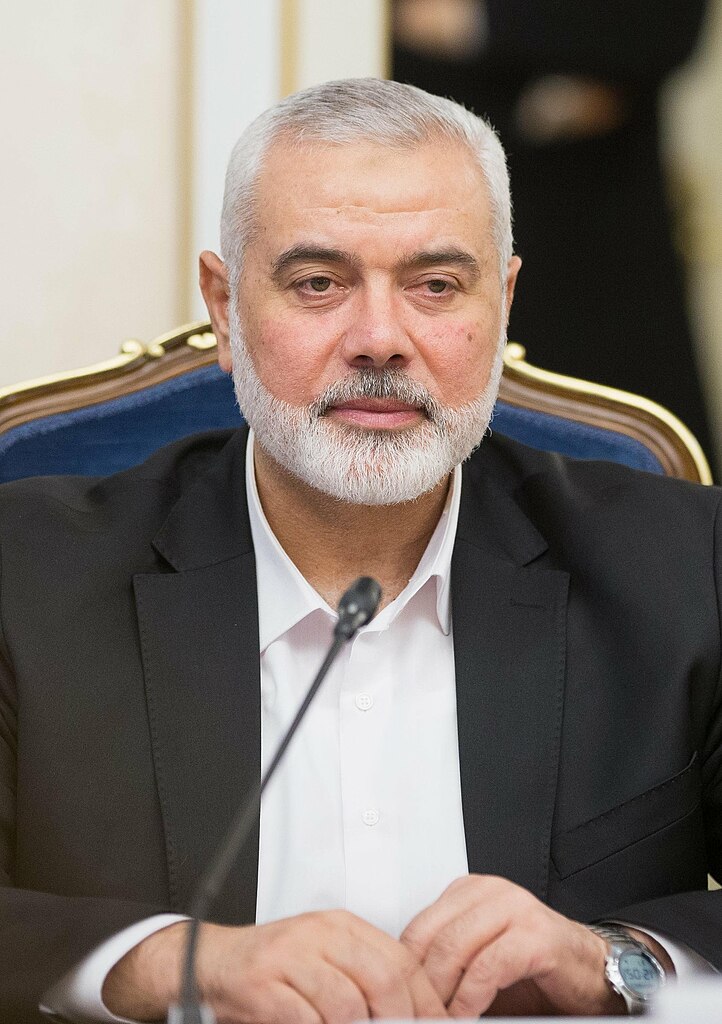Israel has eliminated two of its most formidable enemies in virtually one fell swoop.
On July 30, Israel announced that Fuad Shukr, Hezbollah’s most senior military commander, had been killed in Beirut in retaliation for a drone strike he ordered that caused the deaths of 12 Druse children and young adults in the Golan Heights town of Majdal Shams on July 27.
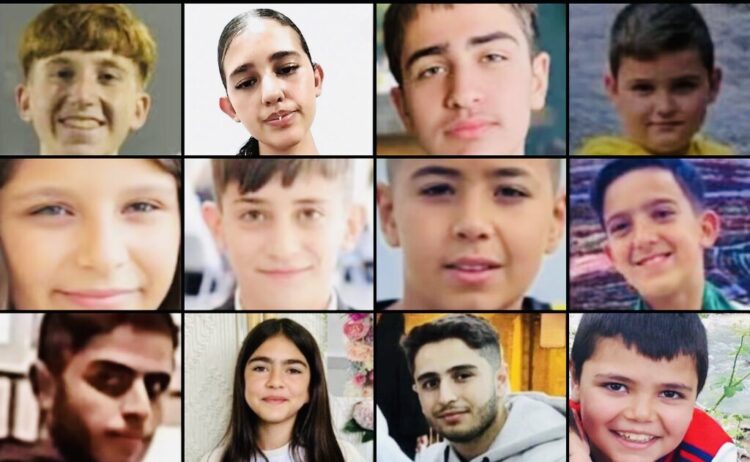
Twelve hours later, Ismail Haniyeh, one of the highest ranking figures in Hamas, an Iranian proxy, was killed in Tehran by an Israeli missile strike. Hamas blamed Israel for his assassination. The Israeli government did not take credit for it.
Haniyeh, Hamas’ political leader based in Qatar, arrived in Iran yesterday to attend the inauguration of its newly elected president, Masoud Pezeshkian. Prior to his death, Haniyeh met Pezeshkian as well as Iran’s supreme leader, Ayatollah Ali Khamenei.
This past April, Haniyeh’s three sons and four of his grandchildren were killed in an Israeli air strike. In June, his sister and her family died under similar circumstances.
Khamenei threatened to exact a harsh punishment on Israel. Iran’s Foreign Ministry released a statement saying that “the martyrdom of Ismail Haniyeh in Tehran will strengthen the deep and unbreakable bond between Tehran, Palestine, and the resistance.”
Haniyeh, 62, was the latest in a line of Hamas leaders to be taken out by Israel.
In January, Saleh al-Arouri, the deputy of Hamas leader Yahya Sinwar, was killed in Beirut when Israeli drones smashed into his apartment building. Salah Shehadeh, the founder of Hamas’ armed wing, was killed in 2002. Ahmed Yassin, Hamas’ founder and spiritual leader, and Abdel Aziz Rantisi, his successor, were both killed in 2004. Ahmed al-Jabari, the commander of Hamas’ armed wing, was killed on the first day of the 2012 cross-border war in Gaza. One of his successors, Mohammed Dief, was the target of an Israeli assassination attempt recently.
To Hamas, Haniyeh’s death is a devastating blow, but judging by the past, Hamas will have no trouble replacing him.
Whether his passing will affect Israel’s on-again, off-again negotiations to gain the release of its hostages in Hamas’ captivity is uncertain. But Israel will surely press on with its campaign in Gaza to degrade or destroy Hamas’ military capabilities and prevent it from ever ruling Gaza again.
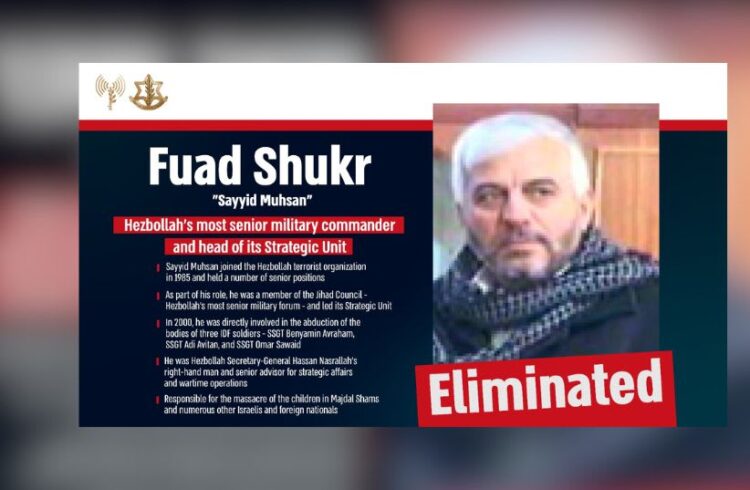
Israel targeted Shukr three days after a Hezbollah drone crashed into a soccer field in Majdal Shams, snuffing out the lives of 12 of its residents. It is unclear whether they were Israeli citizens. Majdal Shams is one of four Druze towns on the Golan Heights, which was annexed by Israel in 1981. Israel captured the Golan from Syria during the Six Day War, but the majority of its Druze inhabitants have remained Syrian citizens.
Hezbollah, having fired thousands of rockets and hundreds of drones at Israel in the last nine months, heatedly denied responsibility for the horrendous attack, which was probably an error. The Iranian drone launched by Hezbollah was reportedly aimed at an Israeli military base on nearby Mount Hermon, but went astray.
Whatever the case, this was the deadliest Hezbollah strike on Israel since it began shelling northern Israel on October 8, the day after Hamas terrorists killed roughly 1,200 Israelis and foreigners in southern Israel, in what was the single worst attack on its territory since statehood.
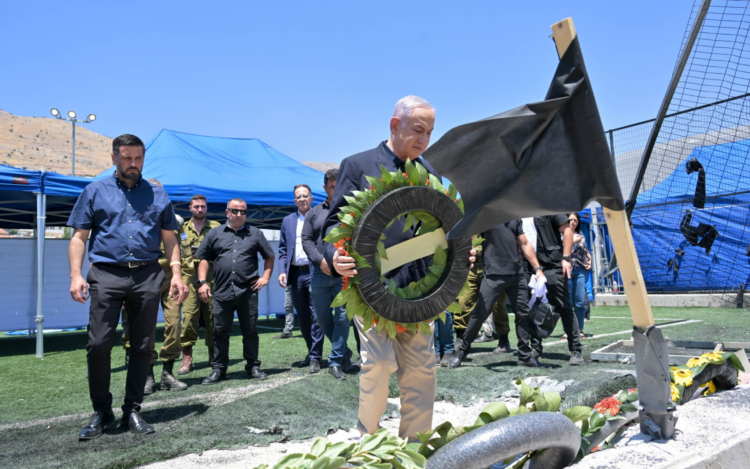
Prime Minister Benjamin Netanyahu promised a “severe” response, and this is what happened. This was the first time since October that Israel has hit a Hezbollah target in Lebanon.
On the day Shukr was killed, Hezbollah fired ten rockets toward Israel, killing Israeli civilian Nir Popko, a resident of Kibbutz HaGoshrim. Israel’s Iron Dome missile defence system intercepted most of the rockets. Israel shelled the launch site.
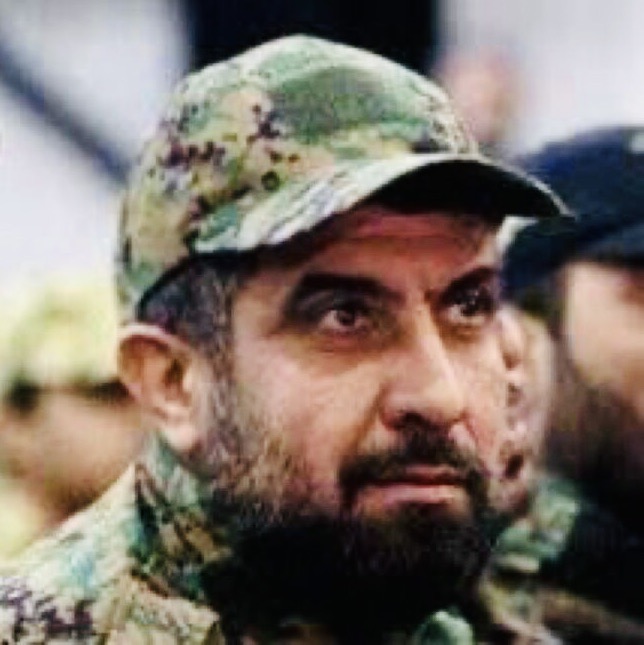
Israeli Defence Minister Yoav Gallant, in a post on X, justified Shukr’s assassination. “Hezbollah crossed the red line,” he wrote. “We don’t want war, but we are preparing for all possibilities.”
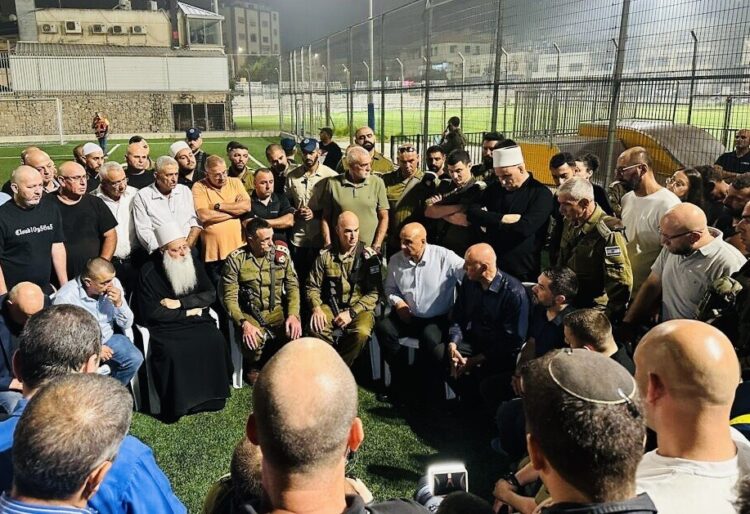
Hezbollah has yet to react, but its response is sure to come.
Shukr, known as Hajj Mohsin, was not only in charge of the Majdal Shams strike, but for all the other deadly attacks on Israel since Hezbollah joined forces with Hamas in a show of solidarity.
According to the Israel Defence Force, he was “responsible for the majority of Hezbollah’s most advanced weaponry, including precise-guided missiles, cruise missiles, anti-ship missiles, long-range rockets and UAVs.”
Shukr fought against Israel and its ally, the South Lebanon Army, during Israel’s occupation of southern Lebanon, which ended in May 2000. In the same year, he was involved in the abduction of three Israeli soldiers in the contested Mount Dov area.
A close confidant of Hassan Nasrallah, the Hezbollah leader, Shukr assumed his position after the death of his predecessor, Mustafa Badreddine, in Syria in 2016.
Shukr apparently played a role in the 1983 bombing of the U.S. Marines and French army barracks in Beirut that resulted in the deaths of some 300 troops. The U.S. State Department posted a reward of up to $5 million for information on his location.
He was not the first Hezbollah commander to be gunned down by Israel.
In July alone, Israel killed Ali Jaafar Mattock, a member of the elite Radwan Force, and Mohammed Nasser, who led Hezbollah’s Aziz unit. In response to their deaths, Hezbollah fired a barrage of missiles and rockets at Israel.
The fighting pitting Israel against Hezbollah has claimed the lives of 25 Israeli civilians and 18 Israeli soldiers. Nearly 400 Hezbollah fighters have been killed. Its allies have lost 68 operatives. One Lebanese soldier has been killed.
During the early days of its low-intensity war of attrition with Hezbollah, Israel evacuated about 60,000 people from an area within five kilometres of the Lebanese border. They still have not returned.
U.S. Secretary of State Antony Blinken said on July 2 that Israel has “effectively lost sovereignty” over the northern part of its territory, an unprecedented development.
Nasrallah has said that Hezbollah will stop its attacks on Israel when the war in Gaza ends. He has also threatened to bombard Israeli towns that have not been attacked so far.
U.S. envoy Amos Hochstein has been trying to defuse the conflict by diplomatic means, but as long as Israel continues its offensive in Gaza, his chances of success are exceedingly slim.
